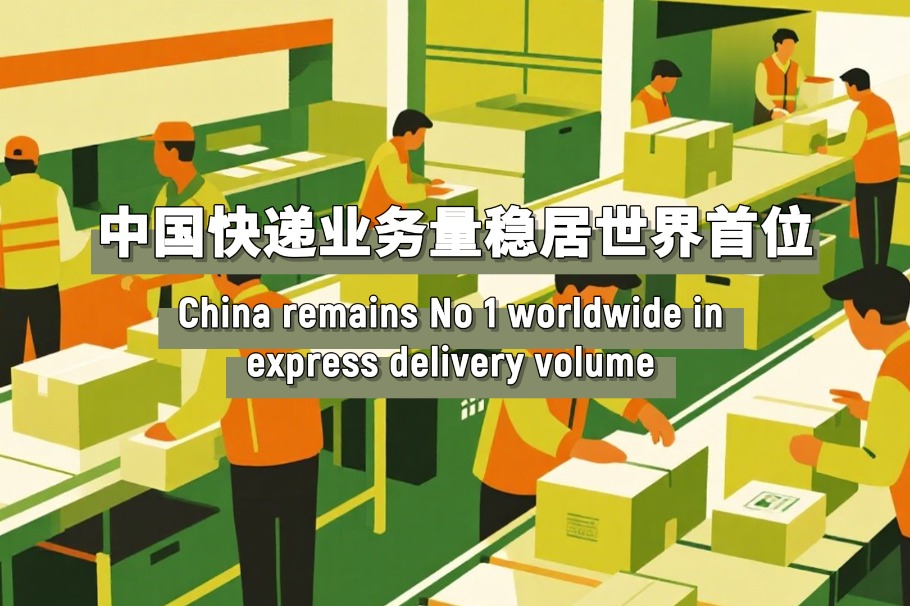Beijing draws clear legal line as US seeks to globally restrict use of Chinese chips

As Washington seeks to globally restrict the use of Chinese advanced computing chips, Beijing is drawing a clear legal line by saying that any entity that enforces or enables the United States' restrictions could be in violation of China's Anti-Foreign Sanctions Law.
While the US curbs might put short-term pressure on Chinese enterprises, analysts and executives believe that the restrictions will only prove to be a failure and ultimately catalyze the development of China's homegrown software and hardware ecosystems.
China condemned on Wednesday new US warnings on the use of artificial intelligence chips by Chinese tech giant Huawei, vowing it would take steps against such "typical unilateral bullying and protectionism" by the US to restrict other countries' access to advanced computing chips and AI, according to a statement by the Ministry of Commerce.
"The US should immediately rectify its erroneous practices, comply with international economic and trade rules, and respect other nations' rights to technological development," said a spokesperson for the ministry.
The spokesperson stressed that "any organization or individual that enforces or assists in enforcing such measures will risk violating Chinese laws and regulations, including the Anti-Foreign Sanctions Law, and shall bear corresponding legal liabilities".
Washington unveiled fresh guidelines last week, warning companies that the use of Chinese-made advanced AI semiconductors, specifically tech giant Huawei's Ascend chips, would put them at risk of violating US export controls.
The US Commerce Department said that its policy was aimed at sharing its AI technology "with trusted foreign countries around the world, while keeping the technology out of the hands of our adversaries".
Nvidia CEO Jensen Huang said on Wednesday that "all in all, the export control was a failure. The fundamental assumptions that led to the AI diffusion rule in the beginning, in the first place, have been proven to be fundamentally flawed".
Over the past year, Washington's ban on the sale of advanced AI chips to China has compelled tech companies to pivot sharply toward domestic semiconductor designers like Huawei, while also spurring Beijing to invest heavily to develop a supply chain that doesn't rely on manufacturers outside the country.
"The local companies are very, very talented and very determined, and the export control gave them the spirit, the energy and the government support to accelerate their development," Huang said at the annual Computex event in Taipei.
Nvidia's market share in China, according to Huang, has plunged to 50 percent now from 95 percent at the start of former US president Joe Biden's administration.
Meanwhile, China's local semiconductor suppliers are expected to capture nearly 40 percent of the domestic market share by 2025, almost on a par with foreign-purchased chips, according to market research company TrendForce.
Yang Jie, a senior partner at Shanghai-based Huiye Law Firm, told China Daily that the development of the AI industry requires division of labor and cooperation. However, the recent US restrictions are undoubtedly intended to impede collaboration between Chinese companies, Yang said.
"But this situation is different from when the previous Trump administration sanctioned Huawei," Yang added. "We now have a more robust legal framework, including the Anti-Foreign Sanctions Law, to safeguard lawful business cooperation."
China could also use its unreliable entity list and export controls on rare earth elements to protect its national interests, Yang said.




































